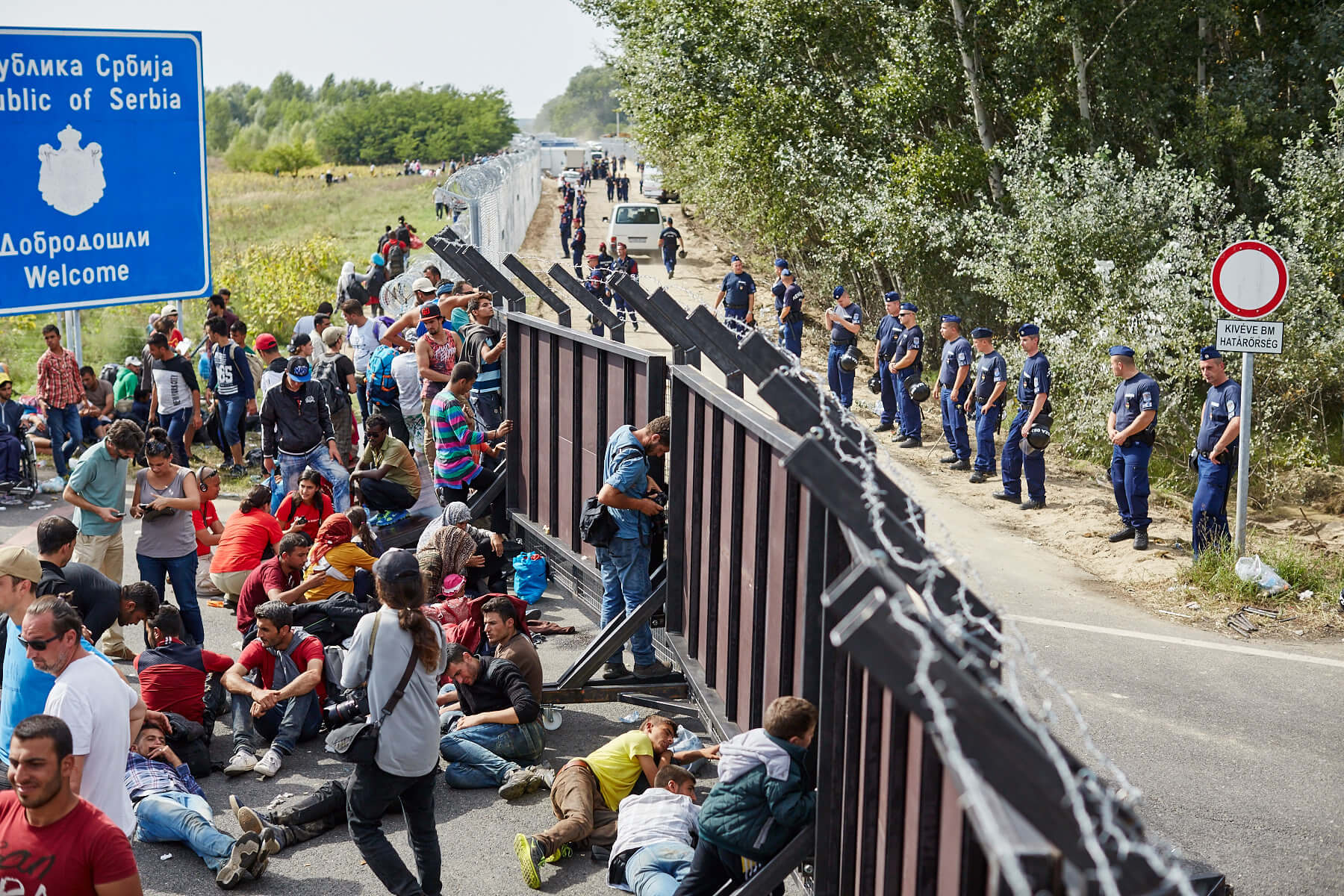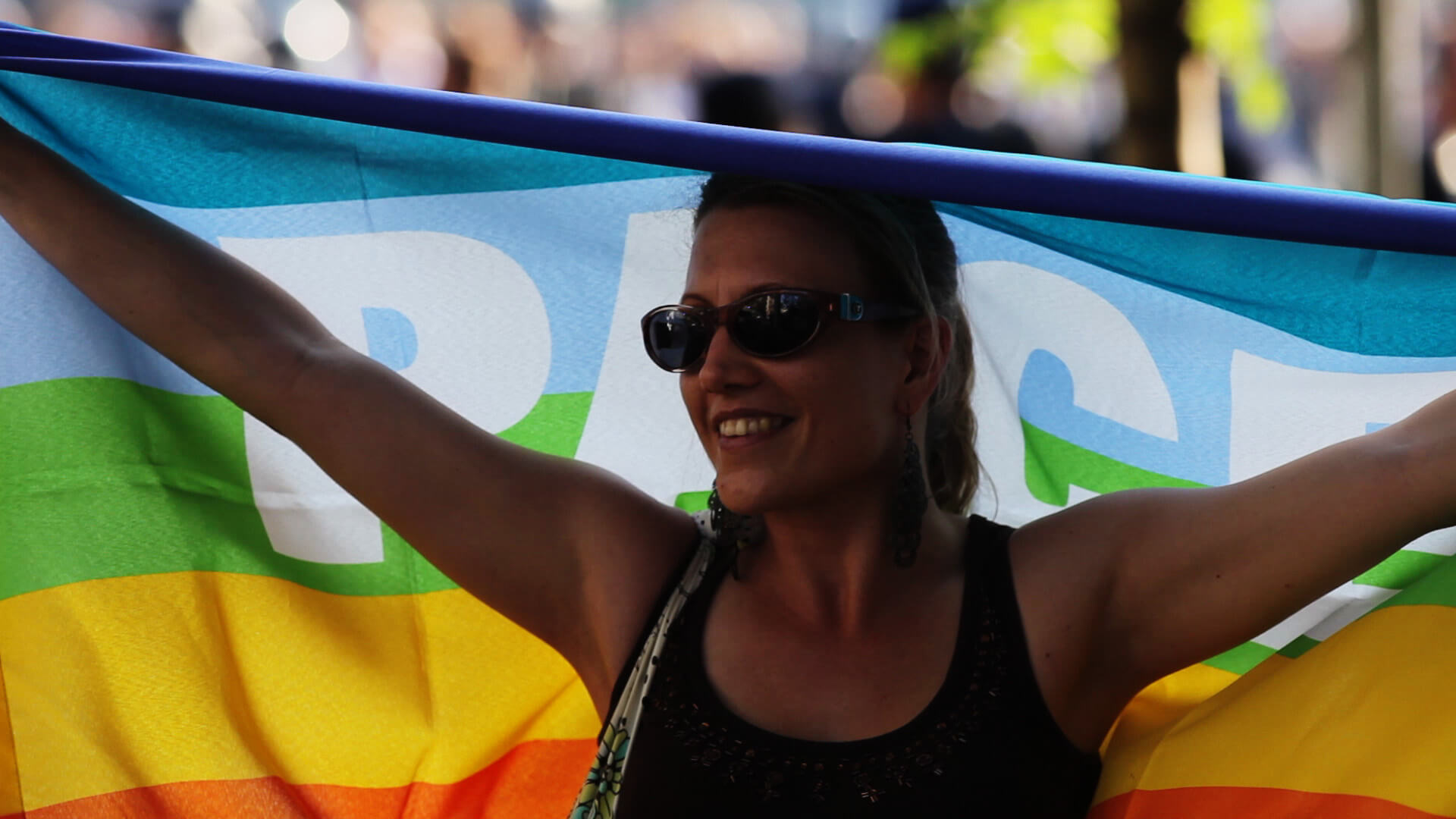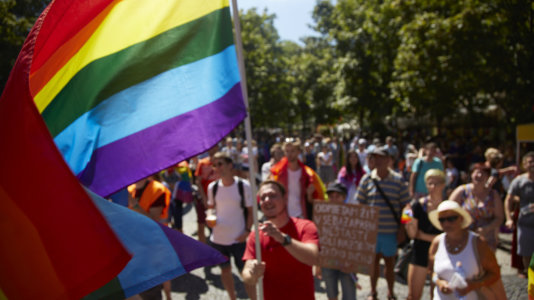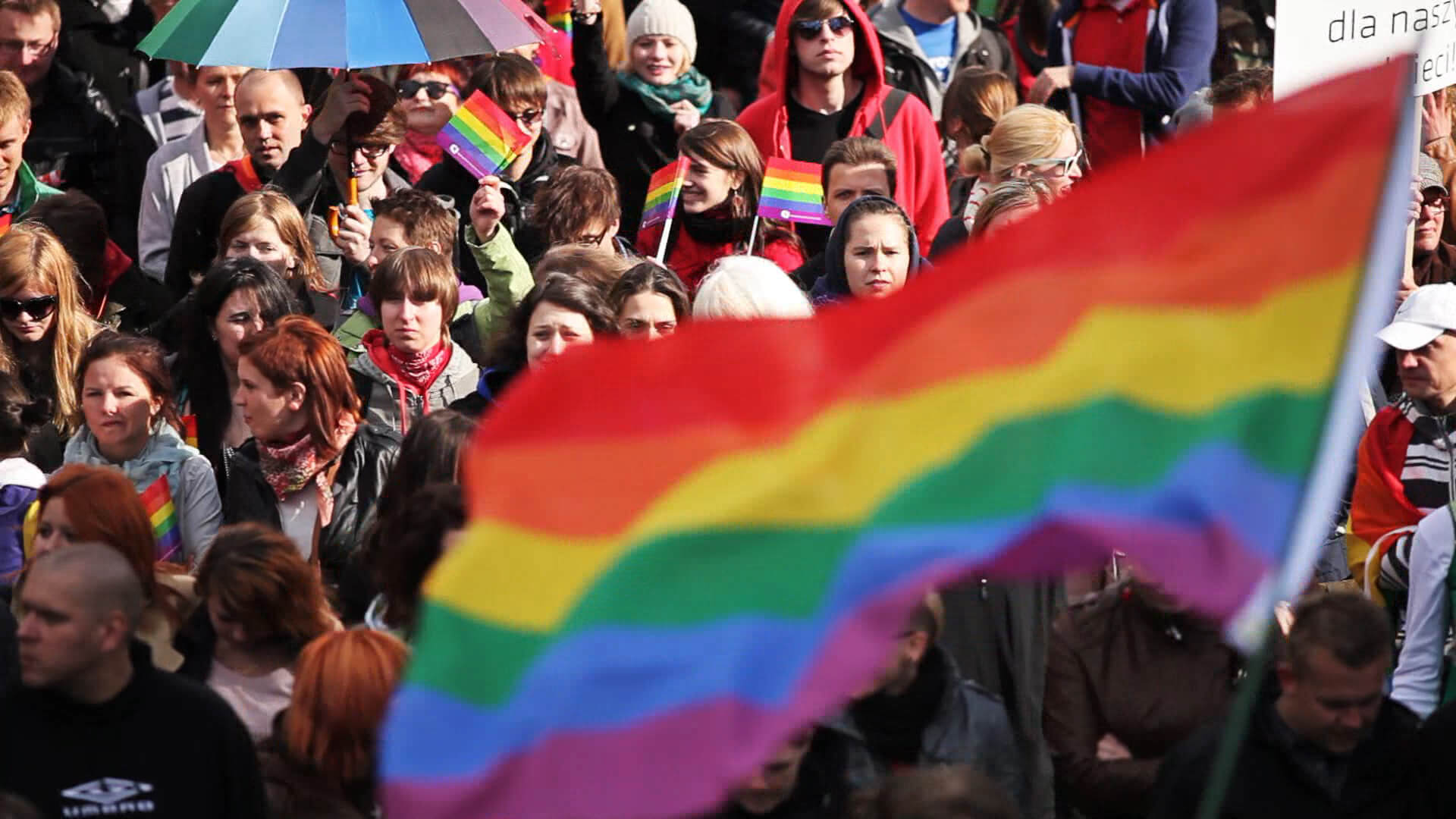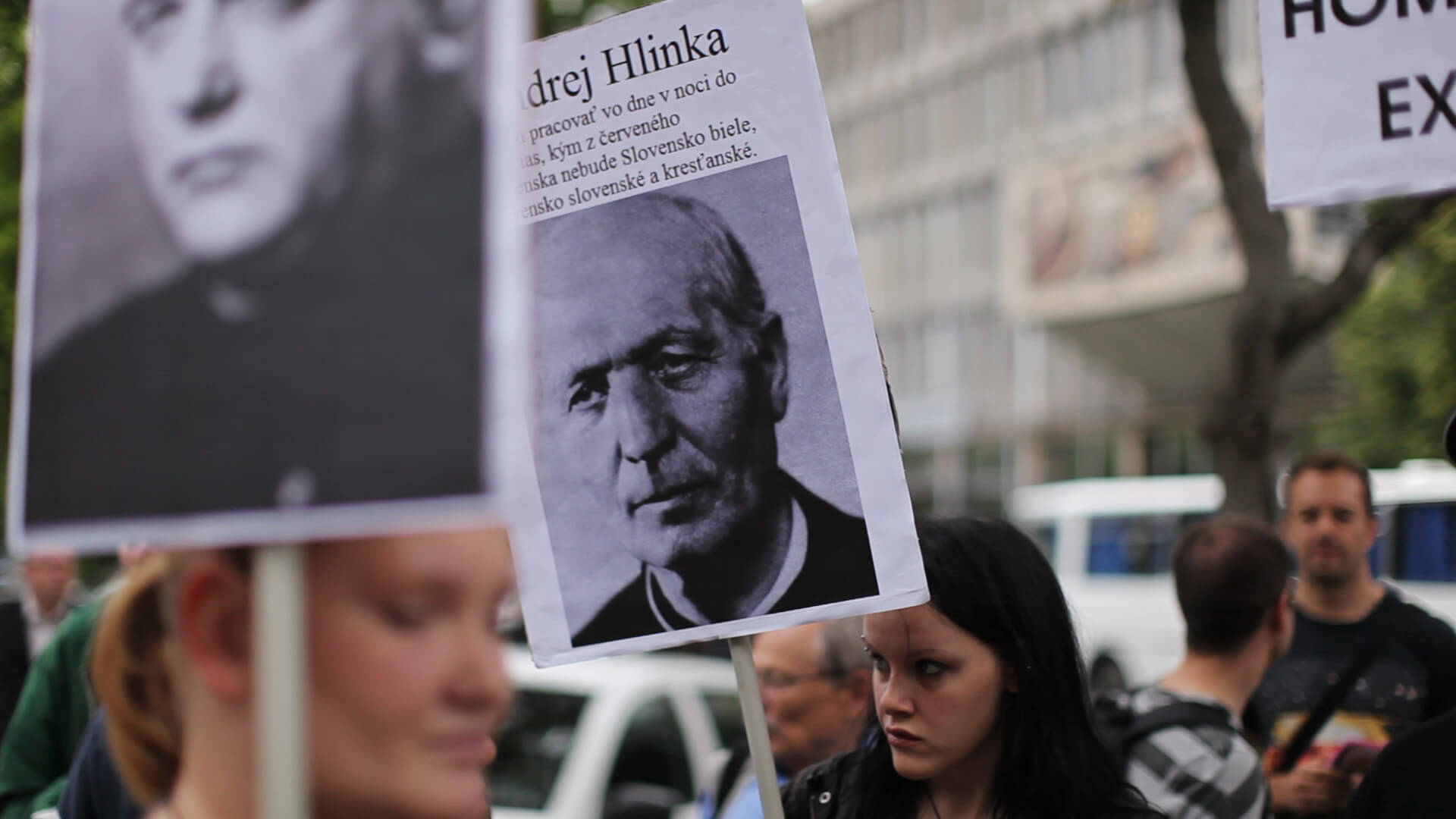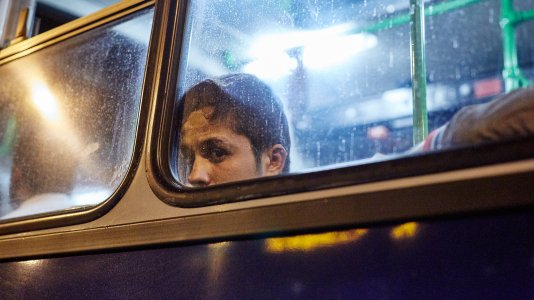On July 7, 2012, the annual Budapest Gay Pride Parade took place amidst a backdrop of heightened security measures, as the event drew both passionate supporters and vehement opponents. The parade served as a vibrant celebration of the lesbian, gay, bisexual, and transgender (LGBT) community in Hungary while also highlighting the challenges faced by the community in a tense social and political climate.
The 2012 Budapest Gay Pride Parade saw thousands of participants take to the streets, marching and dancing in a colorful display of solidarity and support for LGBT rights. The event was attended by not only local residents but also international visitors, showcasing the diversity and unity of the global LGBT community.
However, the event was not without controversy. In the weeks leading up to the parade, far-right groups and conservative organizations voiced their opposition to the event, with some calling for its cancellation. To ensure the safety of participants and maintain public order, Hungarian authorities deployed a heavy security presence, including police officers in riot gear and the erection of barricades along the parade route.
The increased security measures were an unfortunate reminder of the discrimination and hostility still faced by the LGBT community in Hungary and beyond. While the parade was ultimately a peaceful and joyous event, the heightened security presence underscored the ongoing struggle for acceptance and equal rights for LGBT individuals.
Despite the challenges faced, the 2012 Budapest Gay Pride Parade stands as an important milestone in the fight for LGBT rights in Hungary. The event’s success, in the face of adversity, sends a powerful message of resilience and determination in the ongoing quest for equality and social justice.
As the world continues to evolve and embrace the diversity of its citizens, events like the Budapest Gay Pride Parade remind us of the importance of standing up for the rights and dignity of all individuals, regardless of their sexual orientation or gender identity. It is through unity, solidarity, and the celebration of our shared humanity that we can work towards a more inclusive and accepting society.
















